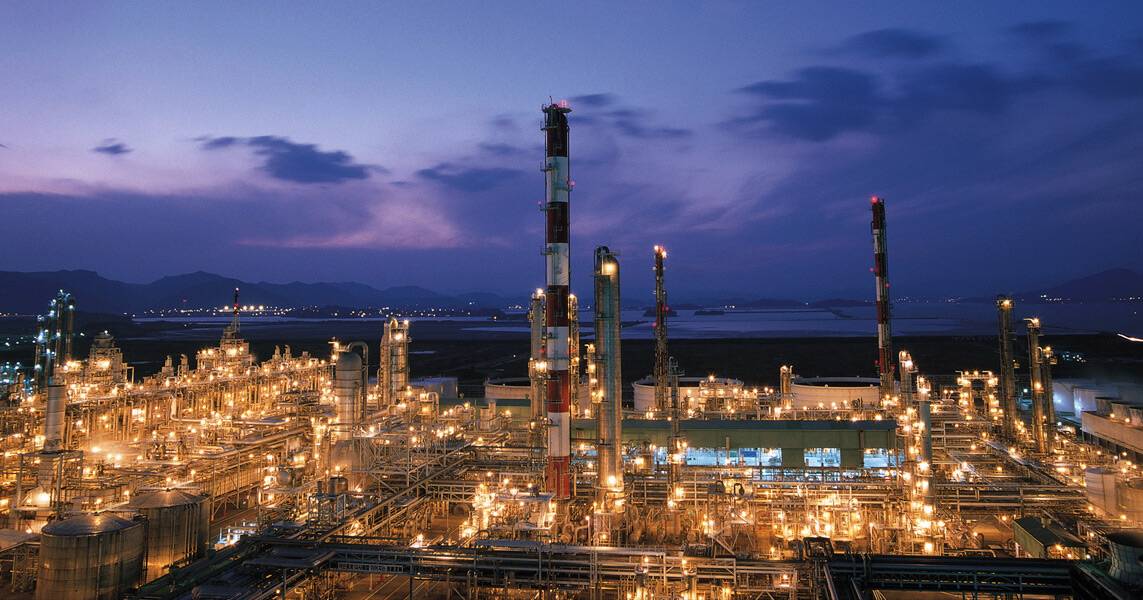Дек . 22, 2024 17:53 Back to list
Exploring the Benefits and Applications of High Density Polyethylene Board in Various Industries
High-Density Polyethylene Board Versatile Applications and Benefits
High-density polyethylene (HDPE) is a remarkable thermoplastic polymer known for its strength, durability, and versatility. HDPE boards, made from this material, have gained significant popularity across various industries due to their numerous advantages. This article explores the characteristics, applications, and benefits of HDPE boards, shedding light on why they are favored in both commercial and residential projects.
Characteristics of HDPE Boards
HDPE boards possess several noteworthy characteristics that make them ideal for a wide array of applications
1. Durability HDPE is highly resistant to impact, making the boards less susceptible to cracks and breaks. This property ensures that HDPE boards can withstand heavy use and harsh conditions without compromising their integrity.
2. Chemical Resistance One of the standout features of HDPE is its resistance to a wide range of chemicals, including acids, alkalis, and solvents. This makes HDPE boards suitable for applications in laboratories, chemical storage facilities, and manufacturing environments where exposure to harmful substances is a concern.
3. Weather Resistance HDPE boards do not rot or degrade when exposed to the elements. They can withstand extreme temperatures, heavy rainfall, and UV radiation, making them suitable for both indoor and outdoor use.
4. Low Maintenance Unlike wood and other traditional materials, HDPE boards require minimal maintenance. They do not need painting, sealing, or refinishing, which not only saves time but also reduces long-term costs.
5. Lightweight yet Strong HDPE is relatively lightweight compared to other materials with similar strength properties. This makes it easier to transport and install, providing convenience during construction and manufacturing processes.
Applications of HDPE Boards
The versatility of HDPE boards has led to their application in various fields
1. Construction HDPE boards are used for a range of construction applications, including wall cladding, roofing, and flooring. Their durability and weather resistance make them an excellent choice for building materials in commercial and residential properties.
high density polyethylene board

2. Signage The boards are commonly used in the signage industry due to their smooth surface and ability to withstand environmental challenges. HDPE boards can be easily cut, shaped, and printed on, making them ideal for outdoor signs, displays, and markers.
3. Furniture In the furniture industry, HDPE is utilized to produce outdoor furniture, such as picnic tables, benches, and chairs. The material's resistance to moisture and UV rays ensures that the furniture remains attractive and functional for years.
4. Agriculture HDPE boards are also popular in agricultural settings. They are used for building storage facilities, fencing, and even as protective barriers in greenhouses. Their resistance to chemicals and moisture makes them suitable for various agricultural applications.
5. Marine Applications Due to their resistance to water and corrosion, HDPE boards are frequently employed in marine environments. They are ideal for constructing docks, boat ramps, and other marine structures that require durability in marine settings.
Benefits of Using HDPE Boards
The benefits of HDPE boards extend far beyond their characteristics and applications
1. Environmental Friendliness HDPE is a recyclable material, making it an eco-friendly choice for builders and manufacturers. The ability to recycle HDPE reduces waste and promotes sustainability in construction practices.
2. Cost-Effectiveness While the initial investment in HDPE boards may be higher than some alternative materials, their long-term durability and low maintenance requirements often result in cost savings over time.
3. Safety HDPE boards can be manufactured to be slip-resistant and non-toxic, making them a safe choice for various applications, particularly in areas frequented by children and pets.
4. Customizability Manufacturers can produce HDPE boards in various sizes, thicknesses, and colors, allowing for customization according to specific project needs and preferences.
Conclusion
High-density polyethylene boards represent a fusion of strength, adaptability, and functionality, making them an invaluable resource in today's diverse industrial landscape. Their resilience against external factors, coupled with their potential for recycling, positions HDPE as a forward-thinking choice for environmentally conscious consumers and professionals alike. Whether used in construction, agriculture, signage, or furniture, HDPE boards are bound to remain a popular choice for years to come, driving innovation and sustainability across various sectors.
-
Durable PP Rigid Sheet: Lightweight, Chemical Resistant Solutions
NewsAug.21,2025
-
PVC Grey Sheet for Extraction: Chemical Resistant & Durable
NewsAug.19,2025
-
Durable PVC Pipe Fittings for Plumbing & Irrigation Needs
NewsAug.18,2025
-
HDPE Steel Belt Reinforced Spiral Corrugated Pipe | High Strength
NewsAug.17,2025
-
HDPE Pipe Fittings: Durable, Leak-Proof Solutions
NewsAug.16,2025
-
Premium CPVC Sheet: High-Temp & Chemical Resistant Solutions
NewsAug.15,2025

